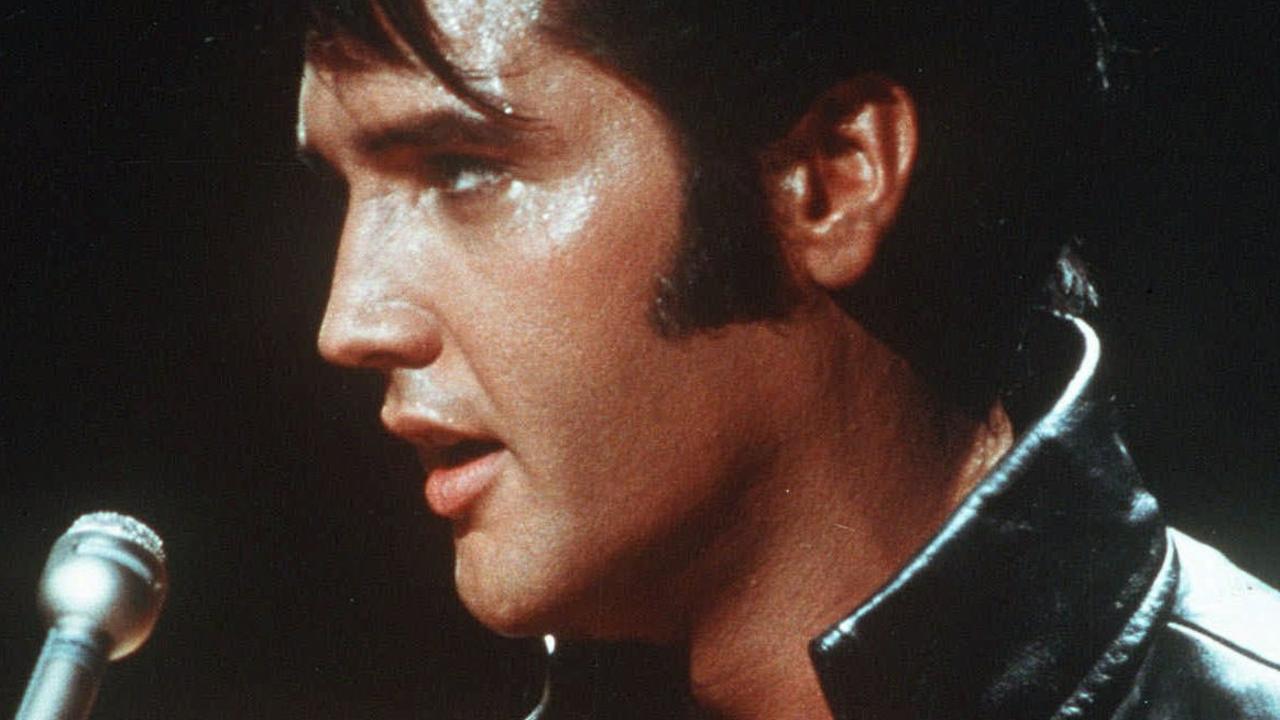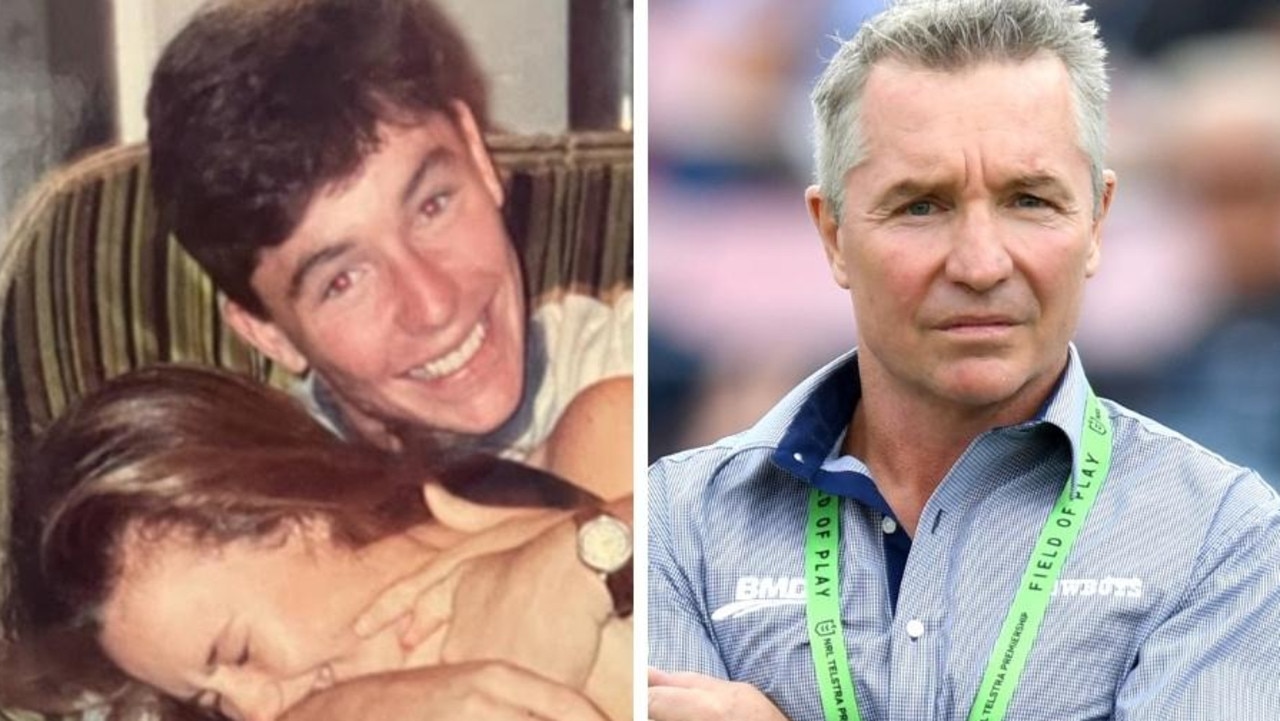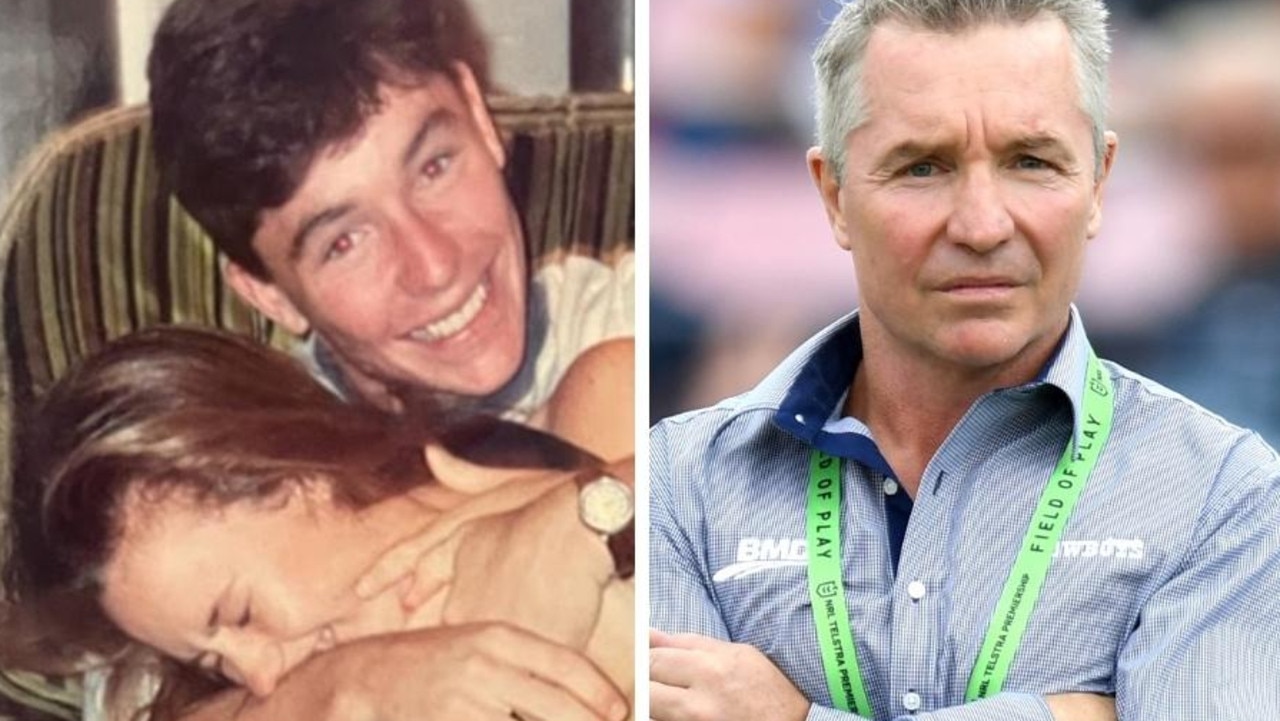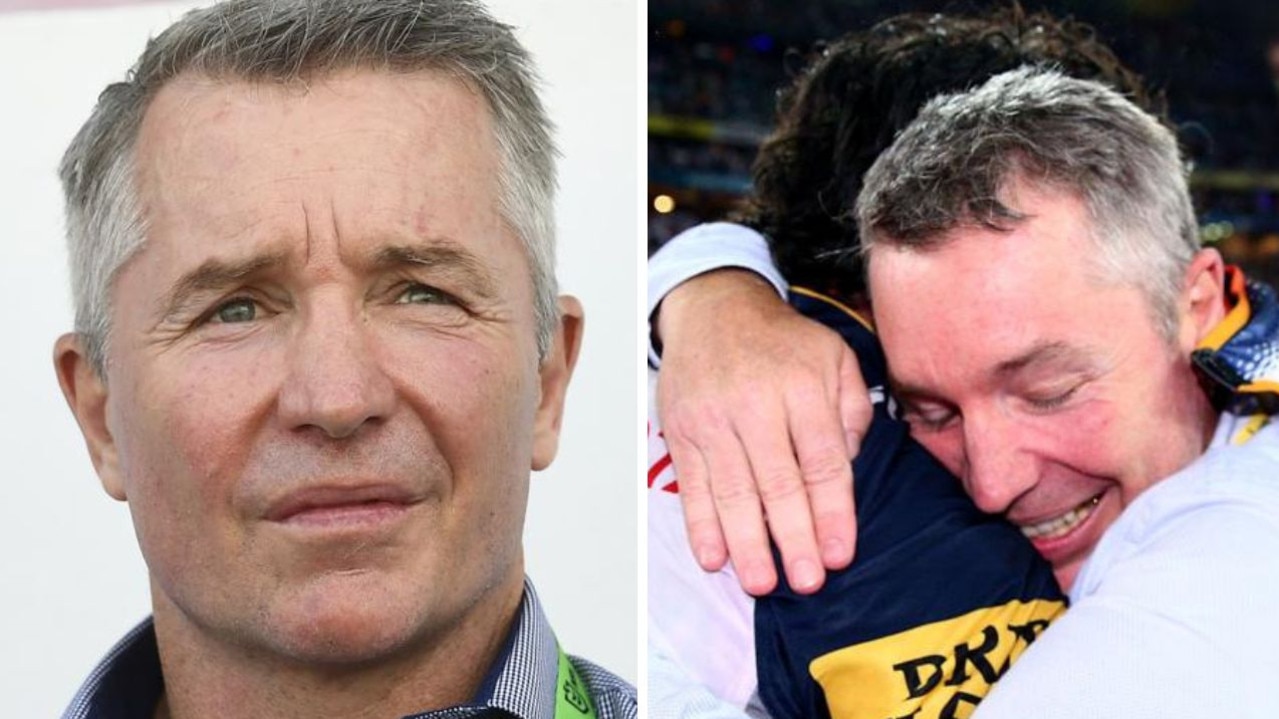A writer has claimed Elvis Presley’s tragic death at the age of 42 was not caused by self-destruction and drug abuse but was instead a tragic inevitability spurred by bad genes in the singer’s family tree.
Myths and misconceptions have continued to swirl around Elvis’ death in the 45 years since the legendary performer was found unresponsive in the bathroom of his Graceland mansion on August 16, 1977, reported The US Sun.
His official cause of death was ruled a heart attack, a tragic fate that has long been attributed to The King’s excessive indulgence in prescription drugs and unhealthy foods.
Those attributions can be traced back to news coverage from the time, with reports painting the star as a bloated, forlorn drug addict — a rock’n’roll cliche who popped one too many pills and died long before his time.
But for author and lifelong fan Sally Hoedel, the cause of Elvis’ premature demise is not so clear-cut.
Hoedel claimed that Elvis was always destined to die young. She attributed this to her belief that he may have had a series of defective genes possibly passed down to him by his maternal grandparents, Bob Smith and Doll Mansell, who were his first cousins.
Hoedel argued that those alleged faulty genes were aggravating factors behind his various health issues, which he in turn treated with a cocktail of prescription drugs.
“That first cousin marriage obviously causes a lot of issues,” Hoedel theorized to The US Sun in a phone interview from her home in Michigan.
“Elvis’ mum Gladys died very young at 46 and she had three brothers who all died at similar ages from heart and lung-related issues. So it stops being a coincidence by the time it gets to Elvis,” she claimed, “because there’s so much going on in that family tree.”
For her book, Elvis: Destined to Die YoungHoedel researched the medical history of the Presley family and unearthed never-before-reported information.
His interest in the topic was piqued after noticing a series of similarities in the deaths of Elvis and his much-beloved mother Gladys, who died almost exactly 19 years before him on August 14, 1958.
Gladys, like her superstar son, died of heart failure. She was 46, just four years older than Elvis when he passed away.
Additionally, both Elvis and Gladys suffered a “similar four-year period of degenerative health” in the lead-up to their deaths, according to Hoedel, “which is interesting because they weren’t taking the same kinds of medication.”
Research conducted by Hoedel found that Gladys had been seeing a cardiologist since at least 1956, and was also hospitalized for two weeks that same year with a mystery illness.
Shortly before her death, Gladys was also diagnosed with hepatitis, the origins of which baffled her doctors at the time. The condition, which targets the lungs and liver, was thought to have been related to Gladys’ alcoholism.
Born and raised in extreme poverty in the deep south, Gladys’ struggles to cope with her son’s meteoric ascension to fame and fortune are well documented, with the self-described “most miserable woman in the world” reportedly once telling a friend over the phone , “I wish we were poor again, I really do.”
Growing increasingly isolated and depressed as Elvis became a global sensation, Gladys began drinking excessively and taking diet pills – a downward spiral that many believe led to her hepatitis diagnosis and ultimately contributed to her death.
Gladys fell seriously ill just a few months after Elvis enlisted in the US Army. The timing of her downturn in her health spurred theories that Gladys drank herself to death, wracked with worry and suffering from a broken heart while her son was serving overseas in Germany.
Hoedel believes that narrative is baseless “romanticism.”
“Gladys has always been painted as this woman whose son became famous, bought her a big house and she just struggled to deal with it all and essentially died of a broken heart,” the author and historian contended.
“But that’s not how it works. I think Elvis and Vernon [Elvis’ dad] both knew who knew how sick she was before he left for the army.
“They were all so sad because I believe for sure that they knew they didn’t have a lot of time left with her.”
Hoedel argued – like Elvis – the causes of Gladys’ death and ill-health lie further up the family tree.
“The Presleys were incredibly secretive about their health,” Hoedel said, “but I managed to interview people like Nancy Clarke, the daughter of Gladys’ cardiologist, who used to go on house calls with her dad to the Presley home.
“And she told me before her dad passed away, he said there was more to Gladys’ death than what he understood because he’s long been quoted as saying it looked like hepatitis, but it wasn’t, and he couldn’t work out what was wrong with her.”
Hoedel believed that Gladys was actually suffering from Alpha-1 antitrypsin deficiency, an inherited and rarely diagnosed disorder that can cause lung and liver disease.
“We know Elvis had it because he was found to be a carrier for Alpha-1 after his death, so it had to come from somewhere” she added.
“And it all leads back to Gladys’ parents,” she claimed.
In her book, Hoedel examined the health issues of Elvis’ grandmother, Doll Smith, who is believed to have suffered from Tuberculosis for more than 30 years.
“Again, something that doesn’t make sense, but continued to be passed down the family tree and then throughout recorded Elvis history as well,” Hoedel argued. “This book explains how Tuberculosis was most certainly a misdiagnosis in the early 1900s.
“From there, with the first-cousin marriage, Gladys [may have] inherited two damaged genes and a more serious version of the disease.”
All of Gladys’ brothers died of heart and liver-related issues in their forties and early fifties too.
Faulty and defective genes were also passed down to Elvis, Hoedel suggested.
The legendary crooner was suffering from diseases in nine of the 11 bodily systems, including his heart, his lungs, and his bowels. It was Hoedel’s contention that five of those disease processes were present from birth. Hoedel believed Elvis was a man who struggled every day to survive.
His prescription drug problem, she theorized, may have been the result of Elvis and his infamous physician, George “Nick” Nichopolous, attempting to treat his various congenital illnesses, rather than just mindless overconsumption.
“Elvis had various health issues but he hid them so well that the over-medication is what we remember now,” Hoedel claimed.
“He often took too much, and there are issues there, but you have to ask why he was taking those pills in the first place.
“One of the reasons Elvis turned to the medication was pain, he was also a lifelong insomniac, but the reason he was self-medicating was that he was trying to find a way to be Elvis Presley.”
The more he toured, the more medication he would need to function through his various ailments, Hoedel suggested.
But Elvis – a devoted son, husband, father, and friend – couldn’t simply stop performing. He had more than 100 people on his payroll from him, relying on him to keep bringing the money in to keep them all afloat.
Memphis Mafia member Lamar Fike told Hoedel he begged Elvis to quit touring after the singer complained of fatigue and pain.
“I have to make payroll,” The King replied.
Speaking of the eleven electric performer’s ailing health during his final years, Elvis’ bodyguard Ed Parker described him as a “battery that had been drained too many times.”
“His body could no longer hold a charge,” Parker said.
Still, on Elvis soldiered, until his life came to an abrupt end on August 16, 1977.
Ultimately, as her book title suggests, Hoedel argued that Elvis was always destined to die young, and nothing could’ve saved The King of Rock ‘n’ Roll from the unfavorable genetic hand she believed he was dealt with.
For the author, examining Elvis’ supposedly faulty genetic make-up was an effort to re-humanize the mythical figure of Presley, who she feels in the years since his death has been reduced to a rock star cliche who simply died alone on the bathroom floor.
“There are so many myths and misconceptions about how Elvis lived, not just in how he died, and it isn’t fair on Elvis,” Hoedel said.
“I think Elvis is the greatest victim of sensationalism and romanticism, and both have kind of plagued and haunted his legacy and prevented him from being remembered as the incredibly important historical figure he is.
“Elvis shifted our universe culturally like no one has before and he deserves to be treated like a Henry Ford or Thomas Edison of pop culture.
“But the sex drugs and rock’n’roll narrative has held him back – he’s a bigger place in American history.”
This article was originally published on The Sun and was reproduced here with permission
.




